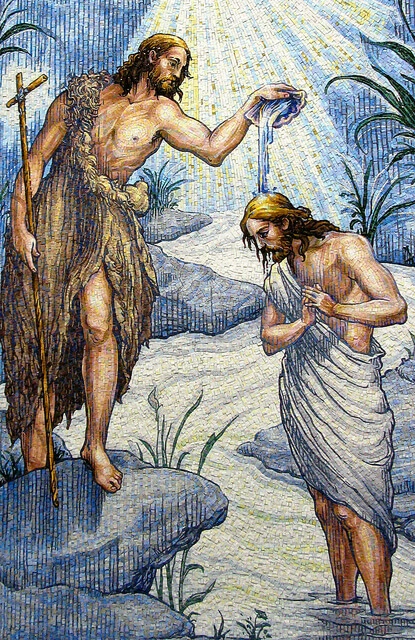4429. To see the daughters of the land. That this signifies to become acquainted with the affections of truth and the churches thence derived, is evident from the signification of “to see” as being to become acquainted with (of which several times before); from the signification of “daughters,” as being affections and the churches thence derived (see n. 2362, 3024, 3963); and from the signification of “the land,” here the land of Canaan, as being the region where the church is, and hence also the church itself (n. 662, 1066, 1067, 1262, 1733, 1850, 2117, 2118, 2928, 3355, 3705, 3686).
[2] The signification of the things contained in this verse may be seen from what follows, for the subject treated of is the representative of a church that was to be instituted among the descendants of Jacob. That this representative could not be instituted among them until they had been completely vastated in respect to interior truths—that is, until they no longer knew them—may be seen above (n. 4289). These interior truths are all those represented and signified by the rituals that were commanded them; for all the rituals represented and signified something in the Lord’s kingdom in the heavens, and consequently something in the Lord’s kingdom on earth, that is, in the church; and the things that were signified and represented are the interior truths here meant. That each and all of the things commanded the descendants of Jacob when the representative of a church was being instituted among them (as described in the books of Moses, especially in Exodus and Leviticus) were representative and significative of the celestial and spiritual things of the Lord’s kingdom, has been everywhere shown in the explications. All these things were unknown to the descendants of Jacob, because these were of such a nature that if they had known them they would have profaned them (n. 301-303vvv2, 2520, 3398, 3479, 3769, 4281, 4293); and therefore they did not come into these representatives until they had been completely vastated in respect to their interiors; and therefore the truths in question and the extinguishing of them by the Israelites are described in this chapter.
[3] The representatives that were commanded to the descendants of Jacob were not new, but for the most part were such as had previously been in use among the ancients; but the ancients did not worship the externals, as did the descendants of Jacob (that is, the Jews and Israelites), but they worshiped the internal things, and by means of these they acknowledged the Lord Himself. There were still remains in the land of Canaan of the church of ancient time, especially among those called Hittites and Hivites, and this is the reason why by these nations are represented the truths that had been of the church. From what has been said it may in some measure appear what is signified by Dinah, Jacob’s daughter by Leah, going out to see the daughters of the land; for by Dinah is represented the external church, such as was instituted among the descendants of Jacob, and by the daughters of the land are signified the churches among the ancients. That in the internal sense of the Word “daughters” everywhere signify churches, has been shown above (n. 2362, 3024); and that the “land” signifies the region and nation where the church is, and thus the church (n. 662, 1066, 1067, 1733, 1850, 2117, 2118, 2928, 3355, 3686, 3705).







